|
In today’s newsletter:
The government splits on welfare reform – is it time for more fundamental change?
Why wealth taxes will backfire
Another advertising ban
Keir Starmer’s partial backdown on the proposed benefit cuts greatly amused those who love to see politicians slip on banana skins. It has stimulated another round of excited speculation about the Prime Minister’s future by Whitehall watchers with nothing better to do.
But I find it all rather depressing. The planned cuts, involving changes to eligibility for personal independence payments and to the rate paid for incapacity top-up to universal credit, had two purposes. One, to plug gaps in Rachel Reeves’s ever-changing spending and borrowing plans. Two, to make a stab at reining in the ever-expanding benefit bill. On the latter point, recall that we currently spend about £65 billion a year on health and disability benefits, but the OBR predicts this will rise to around £100 billion in 2029. When the cuts were announced in March, they were planned to save about £5 billion. At the time I said that this amounted to a ‘flea-bite’, but now it appears that the flea will go hungry. The concessions Sir Keir is making will mean that the savings are projected to amount to less than £3 billion.
I doubt they’ll even be that. In the short run I expect a further increase in claimants as people rush to claim before the changes take place next year. And of course, once people get on to benefits they don’t easily come off them.
120 Labour MPs signed a motion which led to the Prime Minister’s capitulation. This is hardly surprising: as far back as the 1930s the Labour Left has never failed to oppose a reduction in benefits. Greens, Lib Dems and others provided a sympathetic chorus. The Conservatives couldn’t make up their mind whether to support the government’s plans (as they should have done), apparently only concerned with the immediate political buzz of humiliating Sir Keir. As for Reform, their attitude to benefits - as shown by Nigel Farage’s call for lifting the two-child benefit cap - is ambiguous. As a consciously populist outfit, they will be aware that 49% of those questioned in a recent poll – including many of their target voters - wanted higher, rather than lower, spending on disability benefits.
Will we get still higher taxes as a consequence? Possibly, though I suspect there’ll be yet another accounting fudge as the Chancellor finds a few banknotes in the back pocket of her jeans. We’ll try to stagger on in the same manner for a while longer.
One way out of this mess of course would be to boost productivity and grow the economy much faster, which would make higher wages sustainable, attract more people back into work, and raise tax revenue relatively painlessly. But the Employment Rights Bill just finishing its odyssey through Parliament will do the opposite, slowing growth, reducing employment, and raising costs. And our continued Net Zero obsession does much the same. At the moment reversal of these policies seems no more likely than significantly cutting benefits. The economy seems determined on politician-assisted suicide.
Professor Len Shackleton
Editorial and Research Fellow
The best way to never miss out on IEA work, get access to exclusive content, and support our research and educational programmes is to become a paid IEA Insider.
IEA Podcast: Executive Director Tom Clougherty, Editorial Director Kristian Niemietz, and Communications Manager Reem Ibrahim discuss welfare traps, NHS waste, and industrial strategy, IEA YouTube
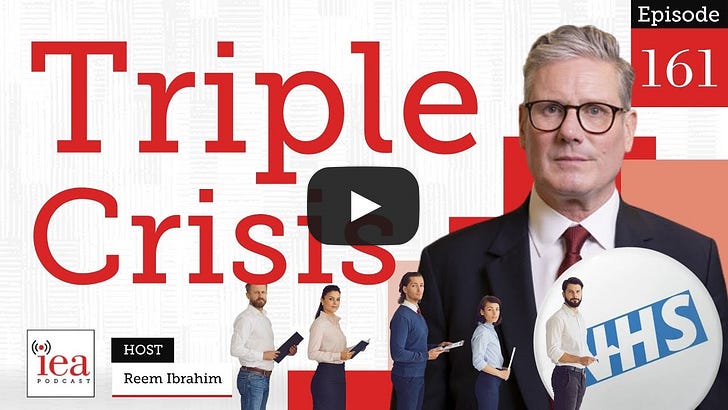
Is it time for an entirely new approach to welfare?
This week, Dr Steve Davies has taken a timely and broader look at the welfare problem for Insider:
“The welfare state is the object of intense dissatisfaction and criticism, which has become louder and more intense over the last two decades. This criticism comes from all points of the political spectrum so we can truly say that nobody is satisfied. On examination the surprising finding is that there is a great deal of shared diagnosis between conventional left and right. Both attack the dominant approach of the right and left of the managerial centre. What the complaints and research reveals is that firstly the system of state support and income transfers for the poor simply does not work. It traps its recipients in a condition of dependency and a state of barely getting by – if that – while also being experienced as intrusive and humiliating. All this while also being very expensive. The second finding is that repeated efforts at managerial reform have done nothing to alleviate these problems or have even exacerbated them, while making the lives of welfare recipients worse and doing nothing to reduce costs. They have failed on their own terms. The ultimate conclusion is that this reflects not so much a failure of policy or of public administration as a systemic crisis, reflecting structural features of the way the system works”
Read the full piece here:
Watch the IEA Briefing on the YouTube:
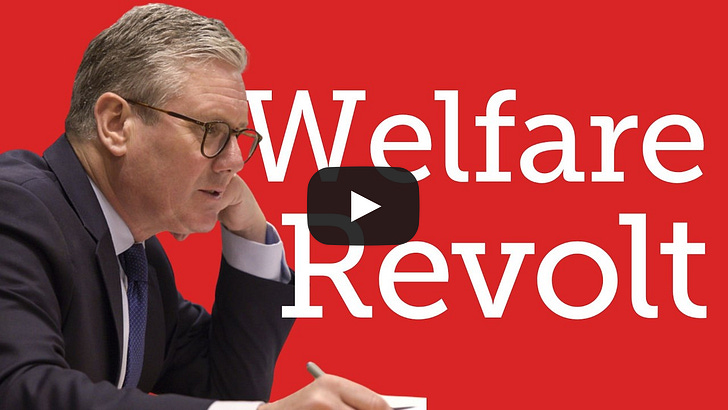
Read Callum Price’s take on Conservative Home
News and Views
Why Wealth Taxes Will Backfire Spectacularly | IEA Interview Tom Clougherty interviews fellow tax expert Dan Neidle
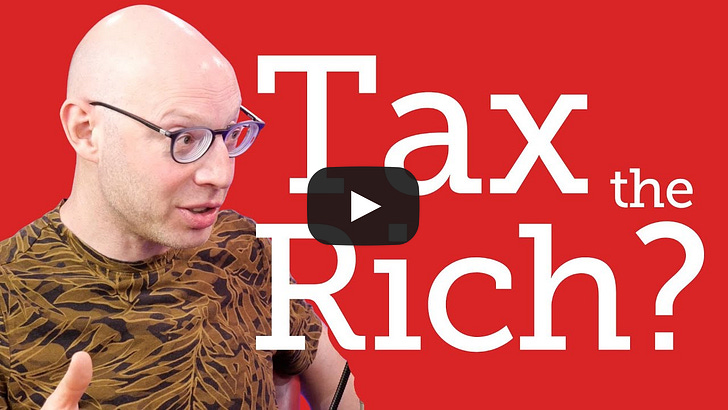
Banning Alcohol Ads in Latest Nanny State Nonsense Head of Lifestyle Economics Dr Christopher Snowdon quoted in Guido Fawkes and writes in The Critic
“Less than a year after taking office, the government has already given up on serious reform and is resorting to banning things as a substitute for governing. It’s as if Rishi Sunak never left. The rise in alcohol-specific deaths happened because of prolonged lockdowns. It had nothing whatsoever to do with advertising. This is pure displacement.”
Class action lawsuits are corrupting our legal system Strategic Partnerships Manager Matthew Bowles writes in CapX
Pure nonsense? New Government Alcohol Advertising Ban | IEA Briefing Reem Ibrahim interviews Dr Christopher Snowdon
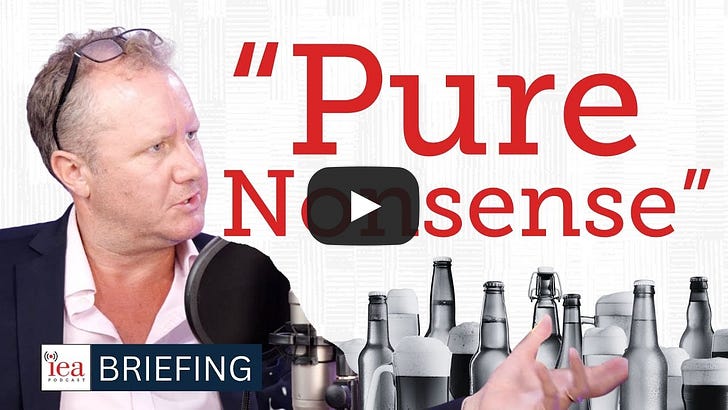
NHS Struggles to turn cash into care, Dr Kristian Niemietz quoted in The Times
“In state-run health systems like the British NHS, there is often a temptation to prioritise day-to-day spending over long-term investment. Politicians know that by the time the detrimental effects become apparent, somebody else will be in charge and it will be somebody else’s problem. [...] [W]hile the NHS cannot be described as ‘underfunded’, it is in a very real sense under-resourced. These are not the same thing — a pile of cash does not magically transform itself into a doctor, a nurse or an MRI scanner. The NHS is remarkably bad at converting its financial resources into medical inputs.”
Events
You’re currently a free subscriber to Insider. For the full experience, upgrade your subscription.
Paid subscribers support the IEA's charitable mission and receive special invites to exclusive events, including the thought-provoking IEA Book Club.
We are offering all new subscribers a special offer. For a limited time only, you will receive 15% off and a complimentary copy of Dr Stephen Davies’ latest book, Apocalypse Next: The Economics of Global Catastrophic Risks.
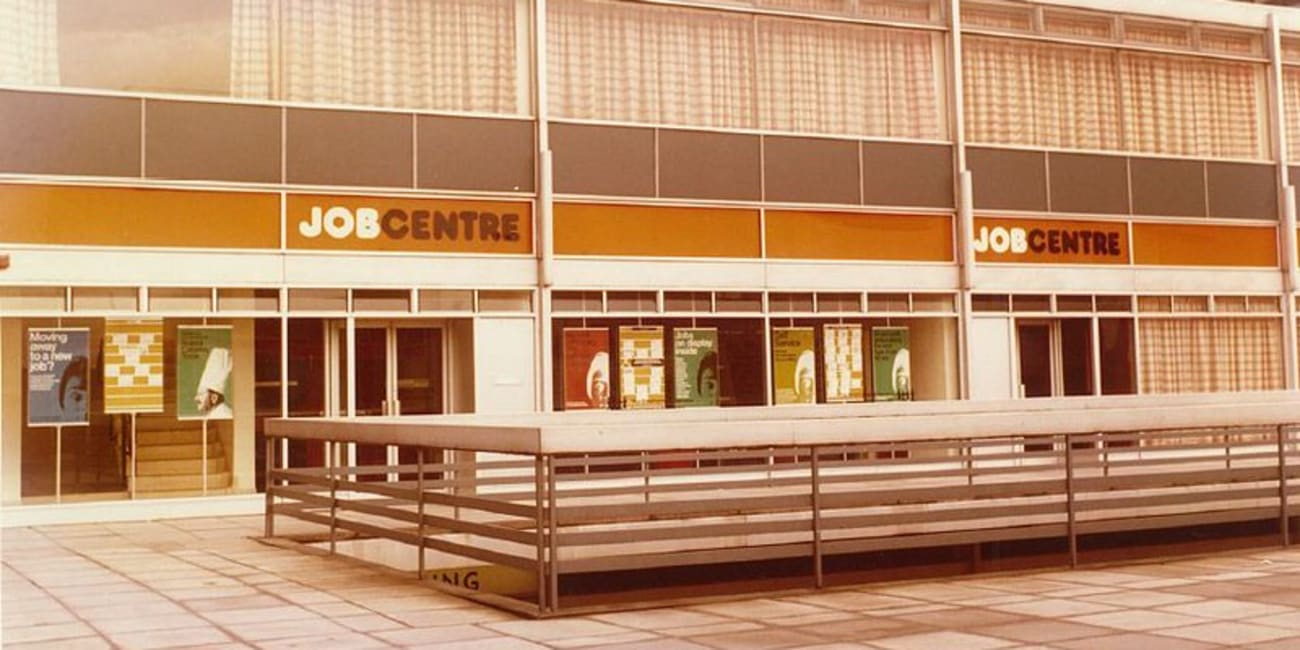

![[INVITATION] Smoke & Mirrors](https://substackcdn.com/image/fetch/%24s_!Y6JT!,w_1300,h_650,c_fill,f_auto,q_auto:good,fl_progressive:steep,g_auto/https%3A%2F%2Fsubstack-post-media.s3.amazonaws.com%2Fpublic%2Fimages%2F286950b1-0660-4820-bebc-7c60380779ac_1920x1080.png)
![[INVITATION] IEA Panel on Government and Economic Growth in the 21st Century](https://substackcdn.com/image/fetch/%24s_!D8ac!,w_1300,h_650,c_fill,f_auto,q_auto:good,fl_progressive:steep,g_auto/https%3A%2F%2Fsubstack-post-media.s3.amazonaws.com%2Fpublic%2Fimages%2F3318cf33-71fd-44ba-8b12-12debc19f9aa_1600x900.jpeg)

